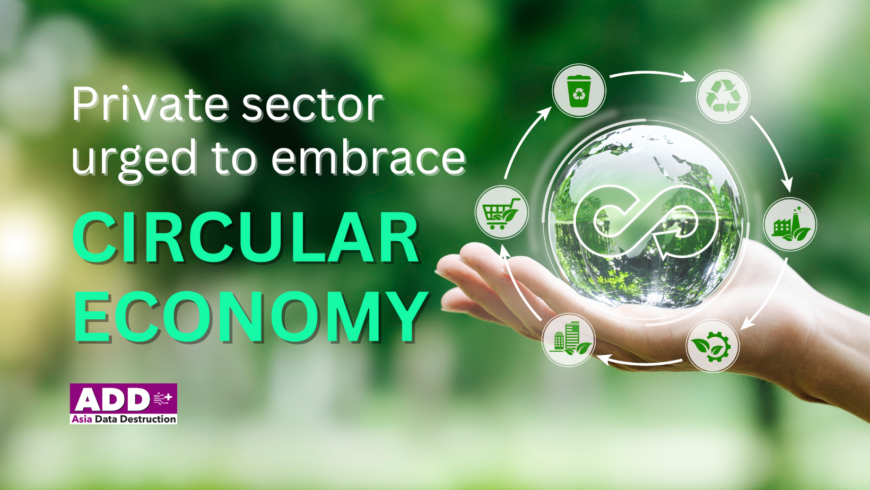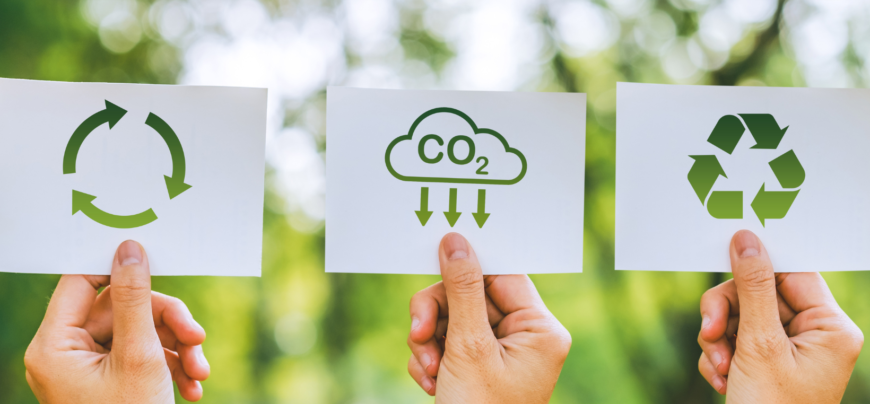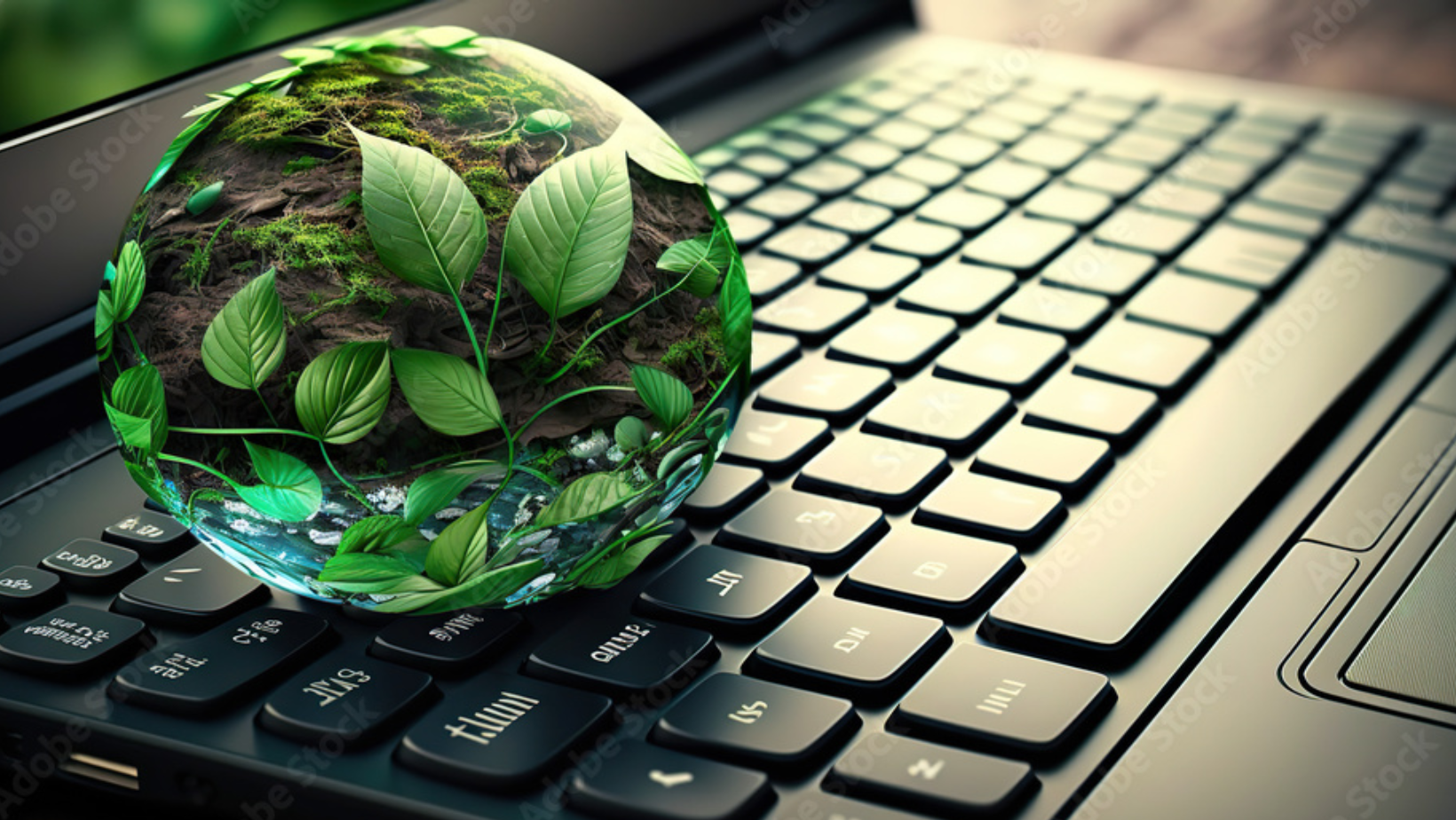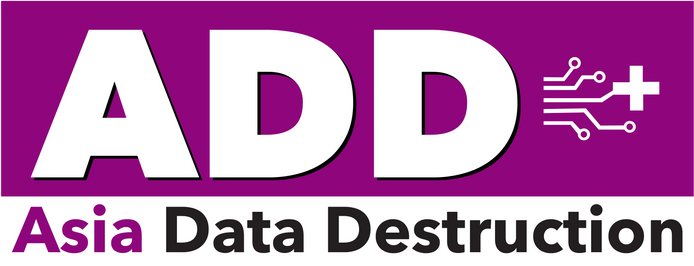
The private sector is being encouraged to adopt circular economy principles for business operations to reduce costs, increase efficiency and generate income from innovative business models.
Poonpong Naiyanapakorn, director-general of the Trade Policy and Strategy Office, said the circular economy concept was introduced in response to the ongoing development of technology and rapidly changing consumer demands that affect the economy, society and the environment.
The concept promotes an economic system where resources, materials and products left over from production or consumption are reintegrated to extract new benefits.
Implementing circular economy practices helps reduce the environmental impact by enhancing the efficiency of production and consumption processes in both the industrial and agricultural sectors.
The approach minimises waste and promotes the use of resources sustainably, contributing to environmental conservation and energy efficiency, he said.

Mr Poonpong says the circular economy approach enhances business competitiveness by reducing production costs and improving the efficiency of resource utilisation in manufacturing goods and services.
Mr Poonpong said a circular economy approach also enhances competitiveness by reducing production costs and improving the efficiency of resource utilisation in manufacturing goods and services.
The strategy creates opportunities by fostering new business models that generate employment and income, stimulating sustainable economic growth and business development, he said.
Data from market database Statista revealed the global circular economy was valued at US$339 billion in 2022 and is expected to more than double by 2026, reaching $713 billion.
This growth trend reflects the market and consumer preferences for products and services aligned with circular economy principles, said Mr Poonpong.
The Ellen MacArthur Foundation identified several reasons for businesses to apply the circular economy approach, including earning a profit, sustainability, increased supply chain flexibility and responding to new customer demands.
“Entering the circular economy system presents opportunities to develop new, potentially thriving businesses in the future. Examples include businesses focusing on shared resource utilisation, leasing rather than selling, maintenance services and reverse logistics,” said Mr Poonpong.
“Successful international examples include Repair Cafe, which originated in the Netherlands and has become a prototype for more than 2,000 locations worldwide. Repair Cafe serves as a meeting place for individuals who enjoy repairing items and those who bring in damaged items for repair. The store also offers food and beverages.”
He said another interesting concept from the UK is the Library of Things, where people can connect and exchange various items within their community. The Library of Things is a platform that allows individuals to link up and borrow, rent or exchange a wide array of items.
Another noteworthy initiative is Too Good To Go, a startup founded in Denmark that has expanded its network to 17 countries, including the UK, France, Spain, Canada and the US, said Mr Poonpong. The company developed an app that serves as a middleman, allowing businesses such as restaurants to sell excess food or ingredients at discounted prices daily.
He said another interesting concept from the UK is the Library of Things, where people can connect and exchange various items within their community. The Library of Things is a platform that allows individuals to link up and borrow, rent or exchange a wide array of items.
Another noteworthy initiative is Too Good To Go, a startup founded in Denmark that has expanded its network to 17 countries, including the UK, France, Spain, Canada and the US, said Mr Poonpong. The company developed an app that serves as a middleman, allowing businesses such as restaurants to sell excess food or ingredients at discounted prices daily.
He said the Commerce Ministry recognises the importance of applying circular economy concepts and promotes trade of such products through events such as the Thailand Local BCG Plus Expo 2023, which aims to expand the market for bio-, circular and green products globally.
Other projects such as “DEsign from Waste of Agriculture and Industry” focus on transforming agricultural and industrial by-products into environmentally friendly and innovative products, enhancing their value, said Mr Poonpong.
Source: Private sector urged to embrace circular economy

As a forward-thinking ITAD service provider, we play a pivotal role in the circular economy by seamlessly managing the end-of-life cycle of electronic assets. Through meticulous data erasure, secure recycling, and strategic asset remarketing, we ensure that retired IT equipment finds new life, minimizing electronic waste and maximizing resource efficiency.
Partner with us to not only meet compliance standards but also to contribute to a greener future, where the lifecycle of IT assets aligns seamlessly with the principles of the circular economy, fostering sustainability, and responsible resource management.
Contact us here
Read more: What is ITAD? Get to know about ITAD with fully detailed


 ไทย
ไทย 日本語
日本語 Tiếng Việt
Tiếng Việt ភាសាខ្មែរ
ភាសាខ្មែរ


